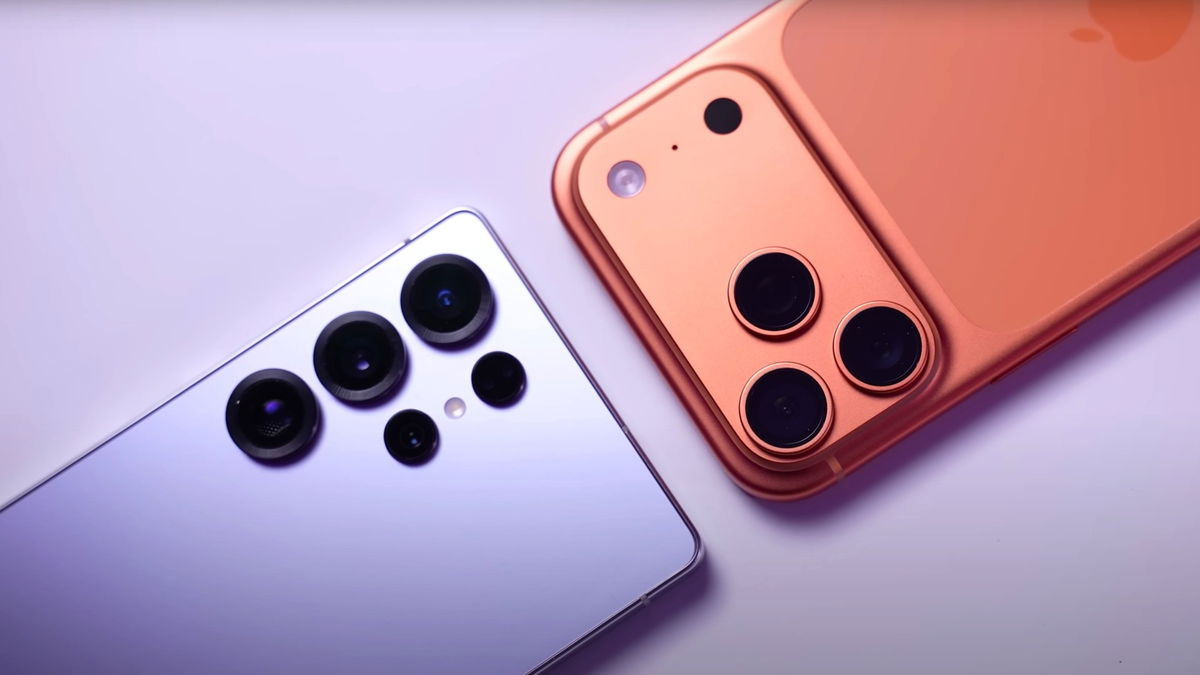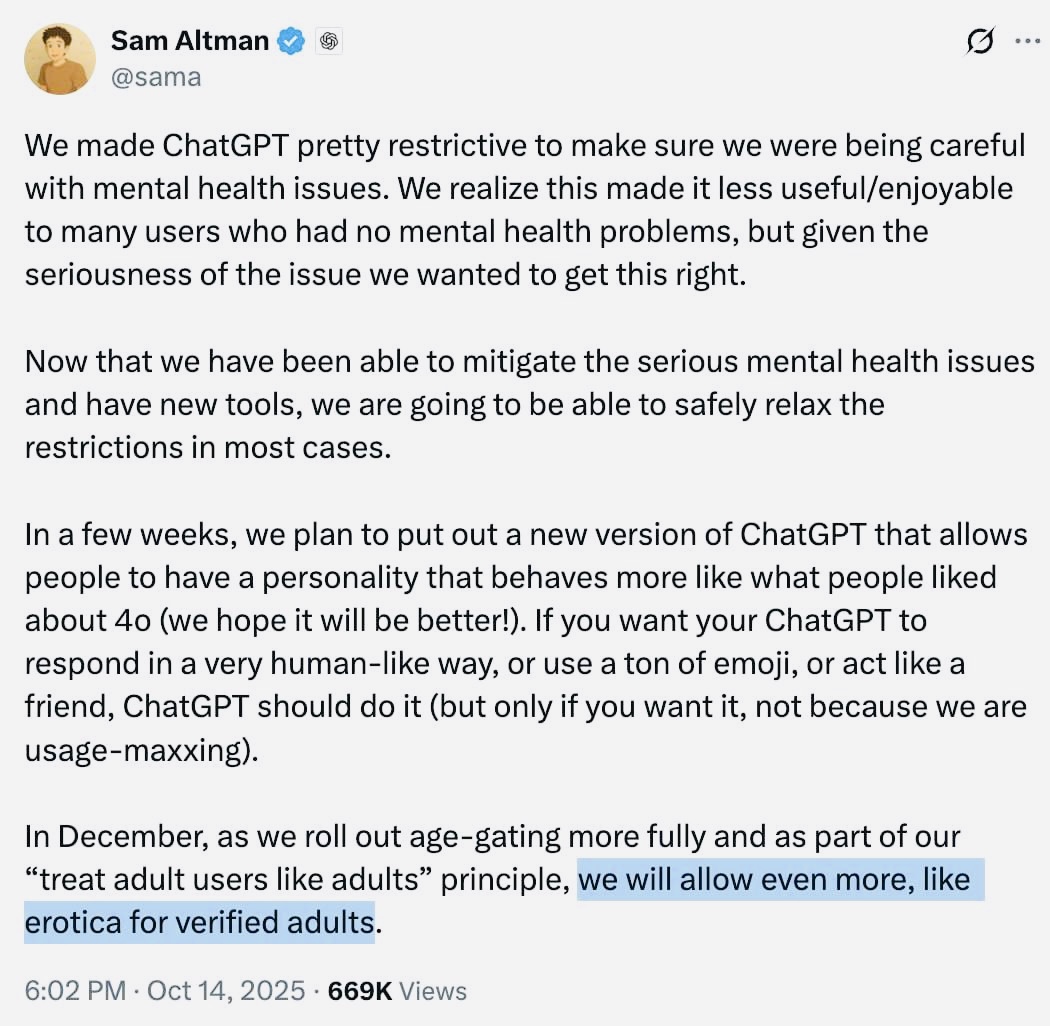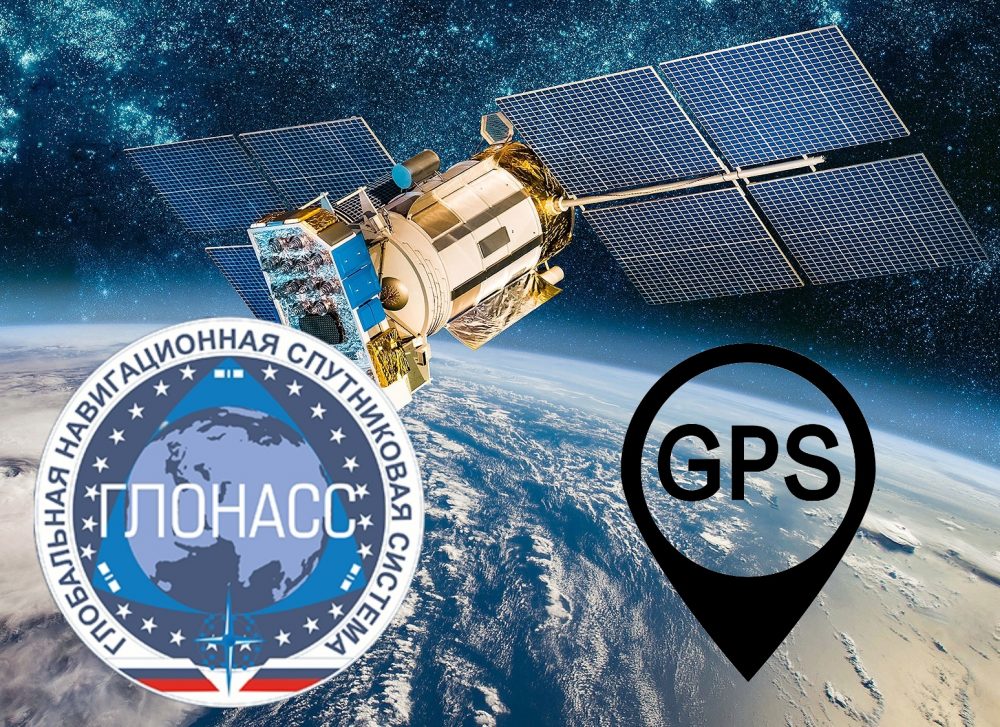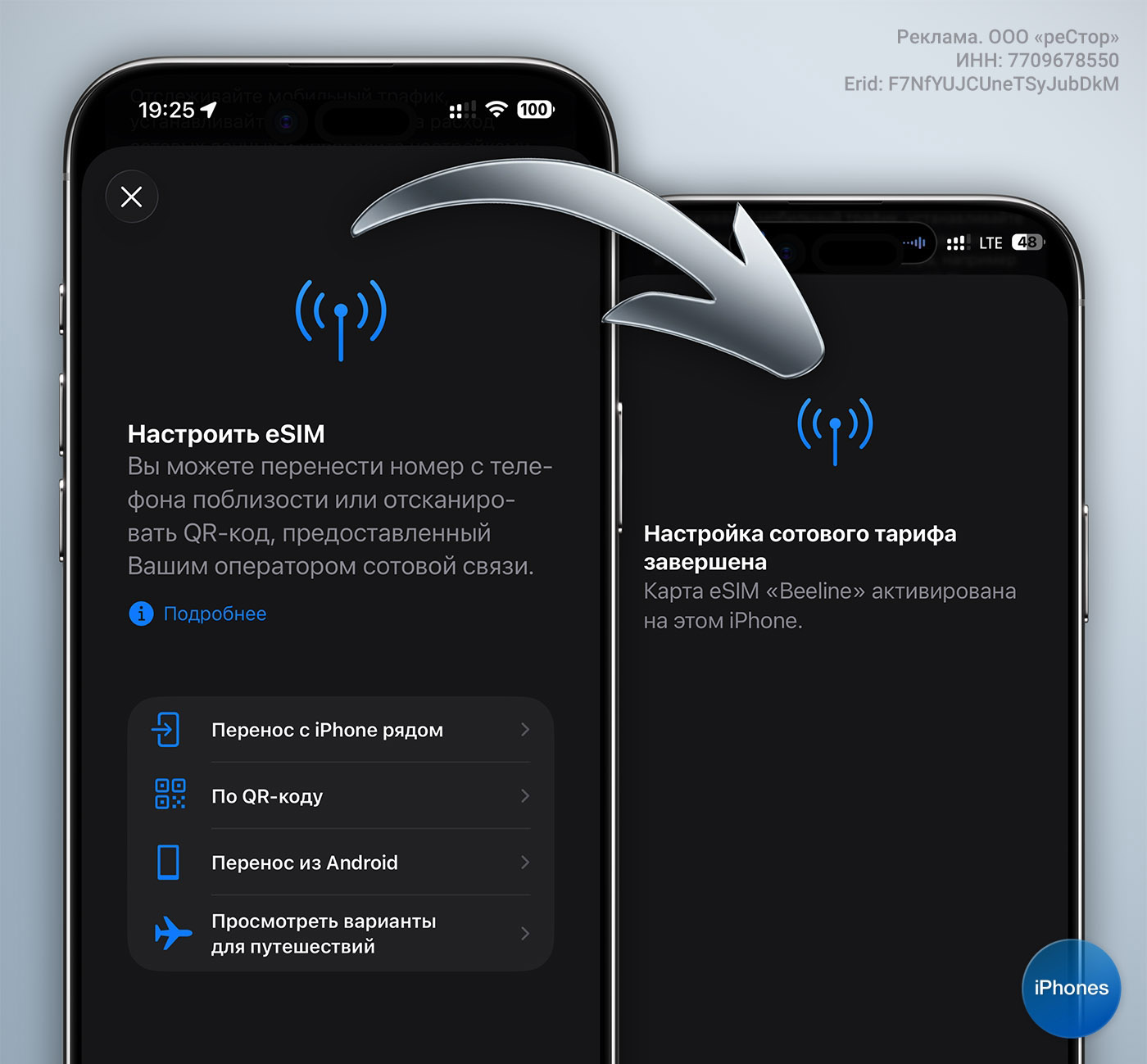Recently, it has become more difficult to use the geolocation discovery case.
In particular, GPS problems are often observed. Geolocation due to the production of signal jammers becomes inaccurate, it is almost impossible to use it.
Russia has its own analogue of GPS – the GLONASS system. How is it different from GPS? Let’s figure it out.
What is GPS
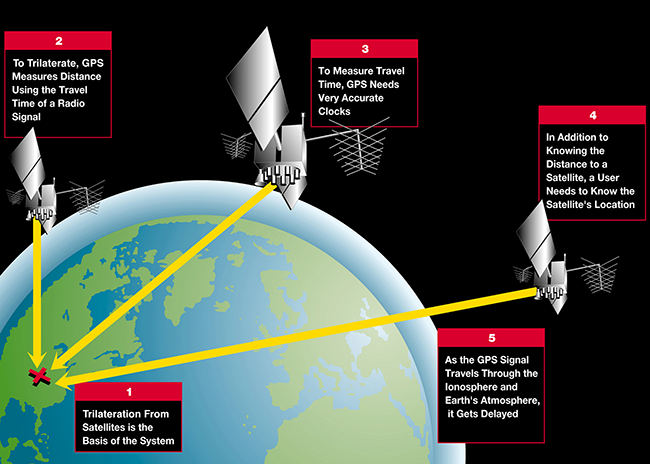
the original satellite navigation system GPS (Global Positioning System) was created for military purposes.
The first satellite was launched in 1978. Until 2000, the population intentionally degrades the quality of satellite signal reception for selected individuals, so at that time the error in choosing a geo-position was 100 meters.
As soon as the restrictions were removed, the error decreased to 20 meters. In the latest versions, the position of objects is systematized with an accuracy of up to 2 meters.
The GPS consists of 32 satellites of medium height, of which 24 were installed in the work, and 8 were shown in reserve. The system also includes the main control station of the Air Force in Colorado Springs, auxiliary stations, ground antennas and monitoring stations. Satellites are located at an altitude of 20200 km.
The receiver can be an attack aircraft beacon in a smartphone, a navigator in a car, a ballistic system, and so on.
What is GLONASS
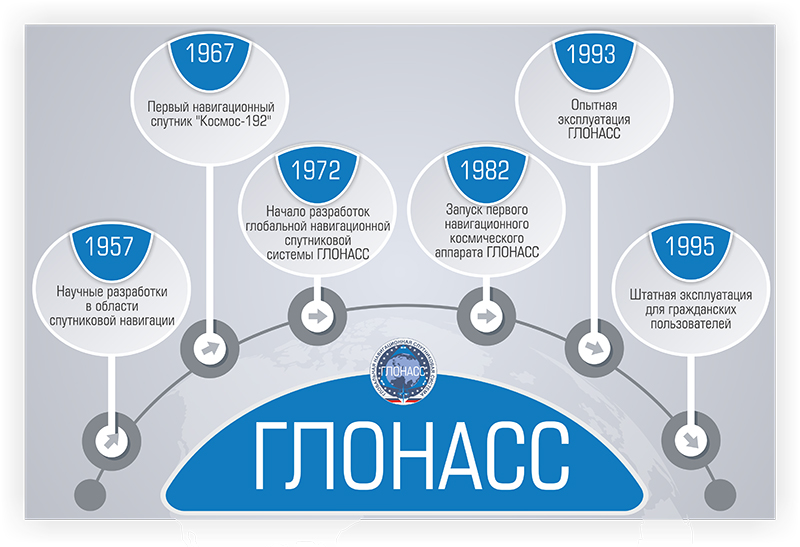
This is the closest analogue of GPS, designed for Russia. He is the owner of the satellite area.
GLONASS was first launched in 1982 along with a missile attack denial link (SPRN). Registration system for operational navigation and timing use by a wide range of land, sea, air and space-based users.
In 2001, the GLONASS distribution program was adopted. By 2010, it covered the entire territory of Russia, and since 2011 it has captured 70% of international coverage.
It determines the coordinates by measuring the distances from a point to the visibility of several satellites. Just like GPS.
GLONASS consists of 24 satelliteslocated in medium-altitude near-circular orbits with nominal heights. They are located at an altitude of 19400 km.
Pros and cons of GPS
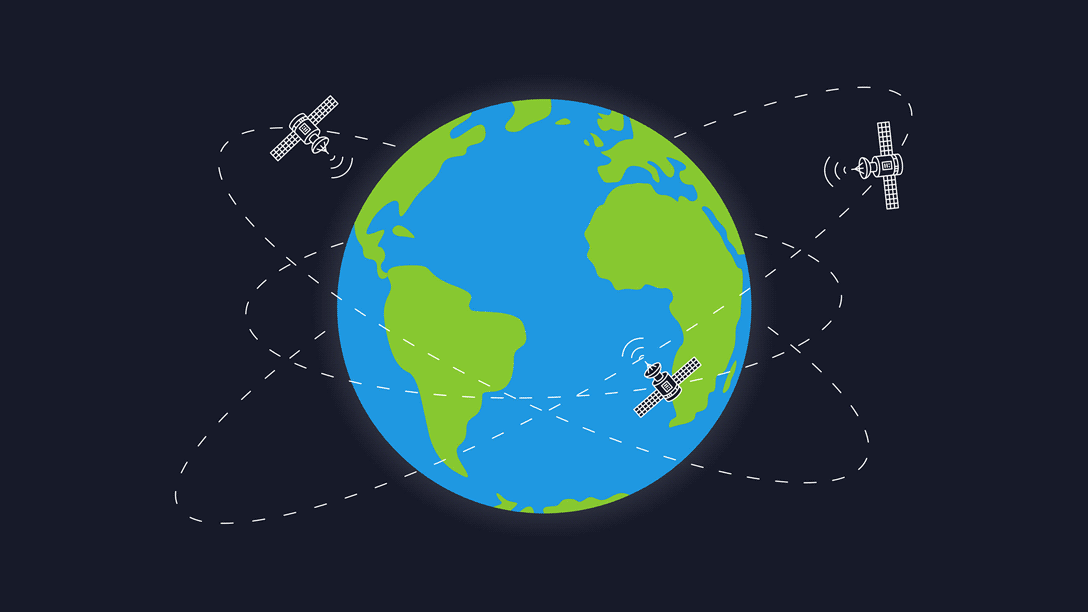
Advantages of GPS:
✅ High availability. There are 24 to 32 satellites in low Earth orbit, which receive services around the world at any given time.
✅ Small error. On average, the accuracy of geolocation determination varies within 4 meters (in ideal conditions, up to 0.6-0.9 meters)
✅ Ease of use. The system is supported by many modern mobile devices.
✅ All weather. Meteorological conditions are not properties for the operation of the system (with rare exceptions)
Disadvantages of GPS:
❌ The signal is not everywhere. So, it is practically inaccessible in northern latitudes.
❌ Dependence on external influences. GPS reception can be interfered with by many terrestrial radio sources and also by magnetic storms
Pros and cons of GLONASS
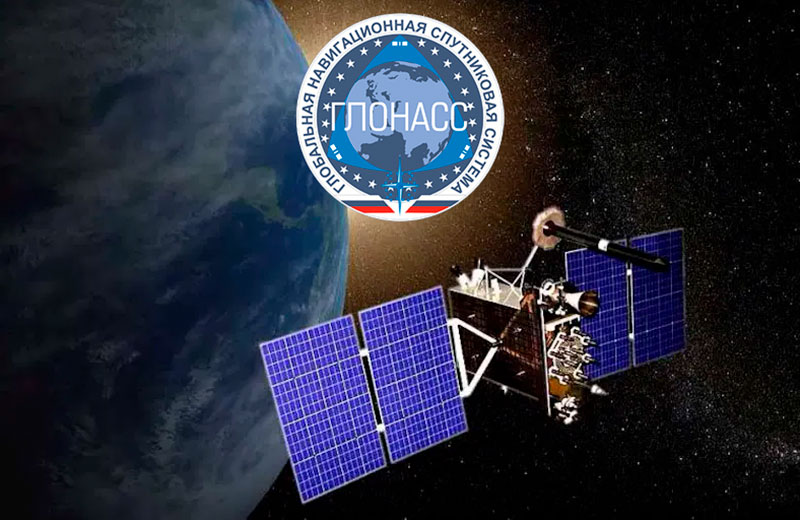
Advantages of GLONASS:
✅ Coating. It is capable of capturing northern and southern latitudes at GLONASS
✅ Satellite rotation. The speed of processing and transmitting data in real time in GLONASS is higher, since the satellites rotate independently of the planet
✅ High density of satellites. The GPS coverage area is available on 4 satellite channels in each, and in GLONASS it is found on 8 satellite channels on 3 planes.
✅ High anti-interference. The Russian system requires high technical costs, but at the same time it works better in conditions of interference from engineering buildings, clouds and the appearance of mechanisms.
Disadvantages of GLONASS:
❌ High error. In the near future with GPS, GLONASS geolocation accuracy varies within 3-6 meters.
❌ Not available in all parts of the world. Even though this system operates at northern latitudes, it still has less global coverage.
❌ Frequent repairs. Maintenance of GLONASS satellites is required approximately 1.5 times more often than GPS
What is the difference between GLONASS and GPS. What’s better
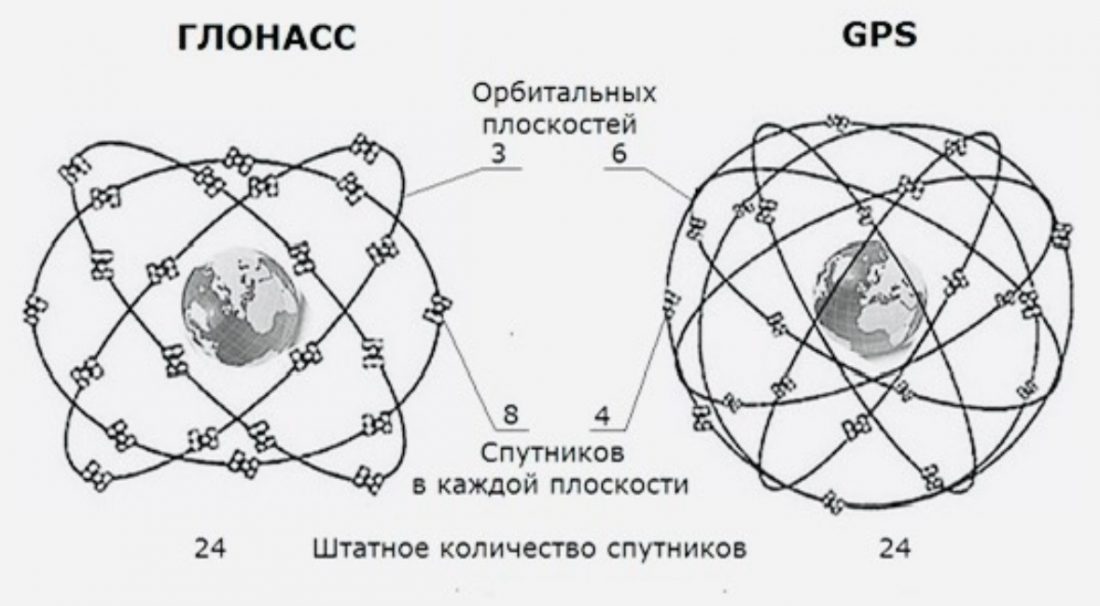
Each system has its pros and cons. However, they are often found all over the world by GPS from GLONASS almost imperceptibly.
to solve the problem of geolocation.
If you select the technical characteristics, then the angle of inclination of the GLONASS and GPS satellites will be 64.8 ° and 55 °, respectively. It is because of the more abrupt cessation of identified problems in the polar regions of the GPS.
Scorecards require constant synchronization of devices with the rotation of the Earth. This leads to the need for periodic correction of the orbit of navigation satellites.
In the case of GLONASS, such a correction is not required. However, the service life of Russian devices is less.
The accuracy of determining the geoposition of GPS is higher, but at the same time, the density of satellites in GLONASS is greater. That is, in the second case, it is more likely to be able to catch the signal.
In conjunction with the production of a system for preventing the transmission of geolocation in ideal conditions up to 10 cm.
And if you disable GPS in Russia? What then?
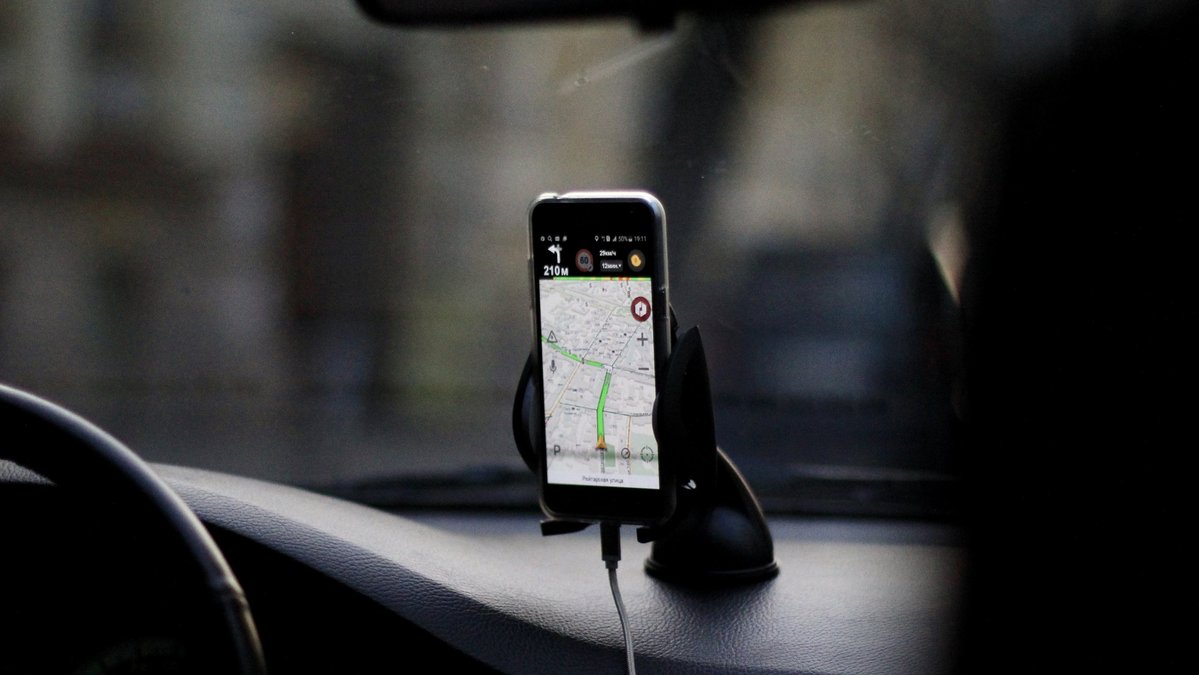
In this case, the accuracy of determining the position of the object is reduced from 0.6-2 to 3-6 meters.
However, in such cases the problem will affect other countries, not only Russia. This is due to the fact that the satellites are not in a stationary position.
Purely theoretically, it is possible to use 11 GPS ground stations, justified in the Kaluga and Sverdlovsk regions, the Krasnoyarsk Territory, Yakutia, Irkutsk, Magadan, South Sakhalin and Petropavlovsk-Kamchatsky. This may seem to “reducing the amount of satellite geodesy on the territory of Russia and reducing the location to a few hundred meters,” coastal RBC.
However, there are currently available modules for connecting to GLONASS, as well as testing other foreign systems: Beidou and galileo. They also quickly reduce the error in geolocation estimation to several months.
Source: Iphones RU
I am a professional journalist and content creator with extensive experience writing for news websites. I currently work as an author at Gadget Onus, where I specialize in covering hot news topics. My written pieces have been published on some of the biggest media outlets around the world, including The Guardian and BBC News.



